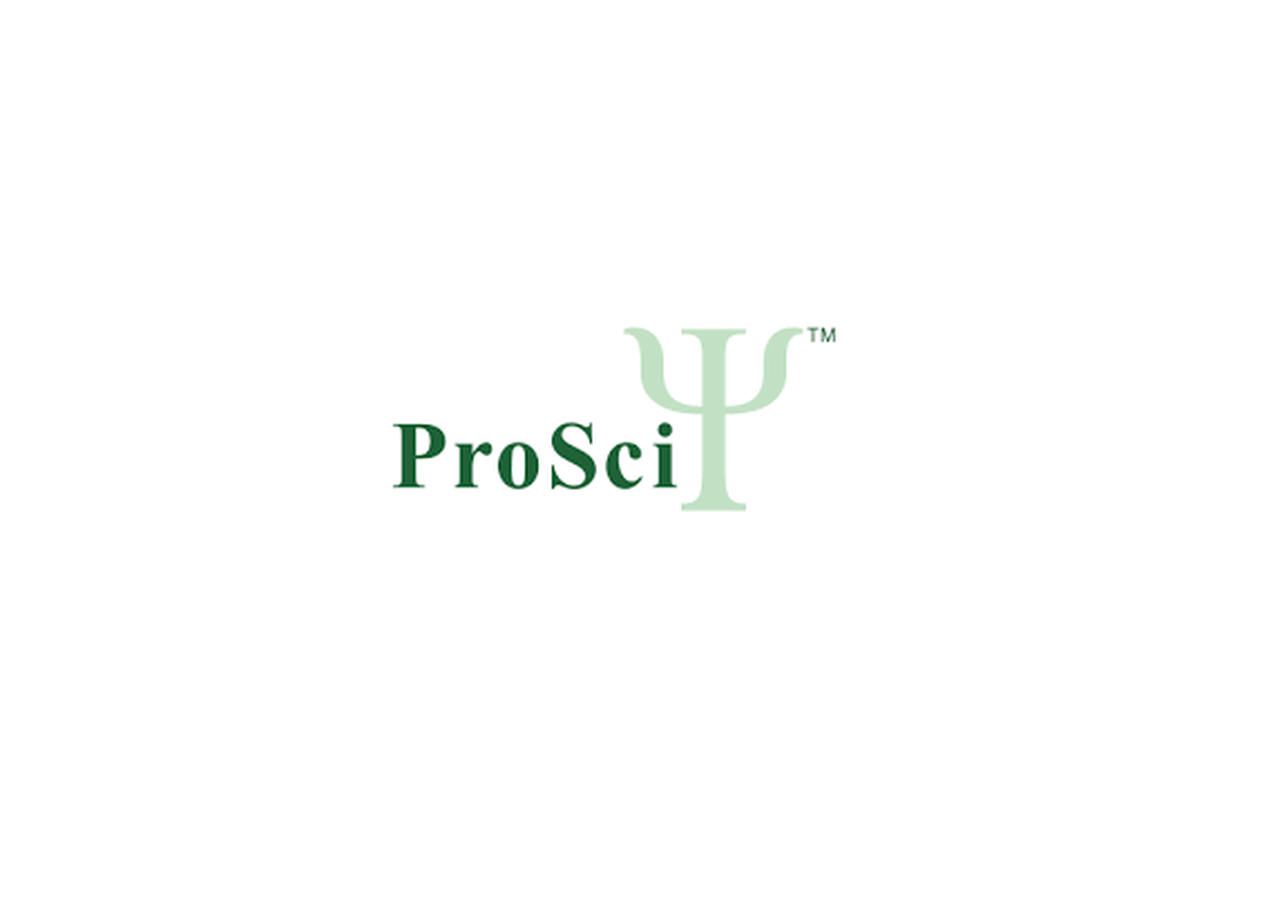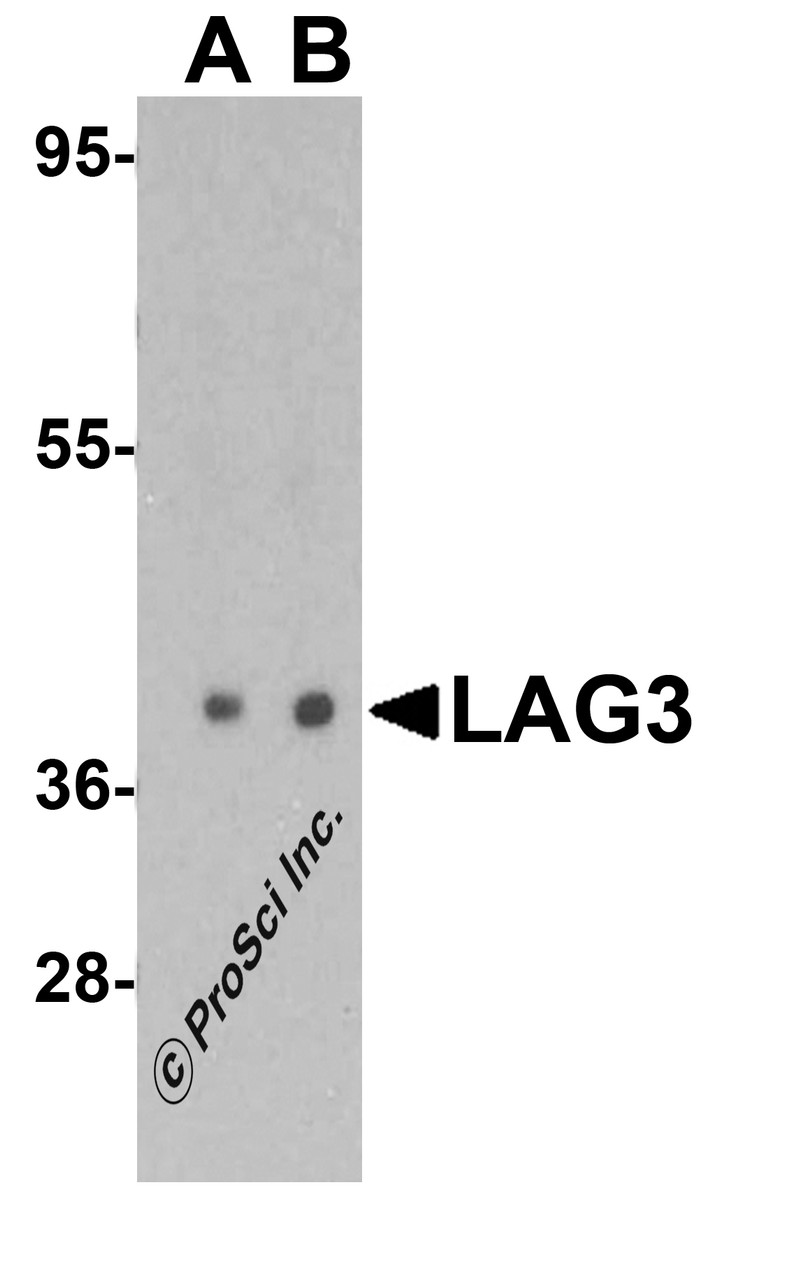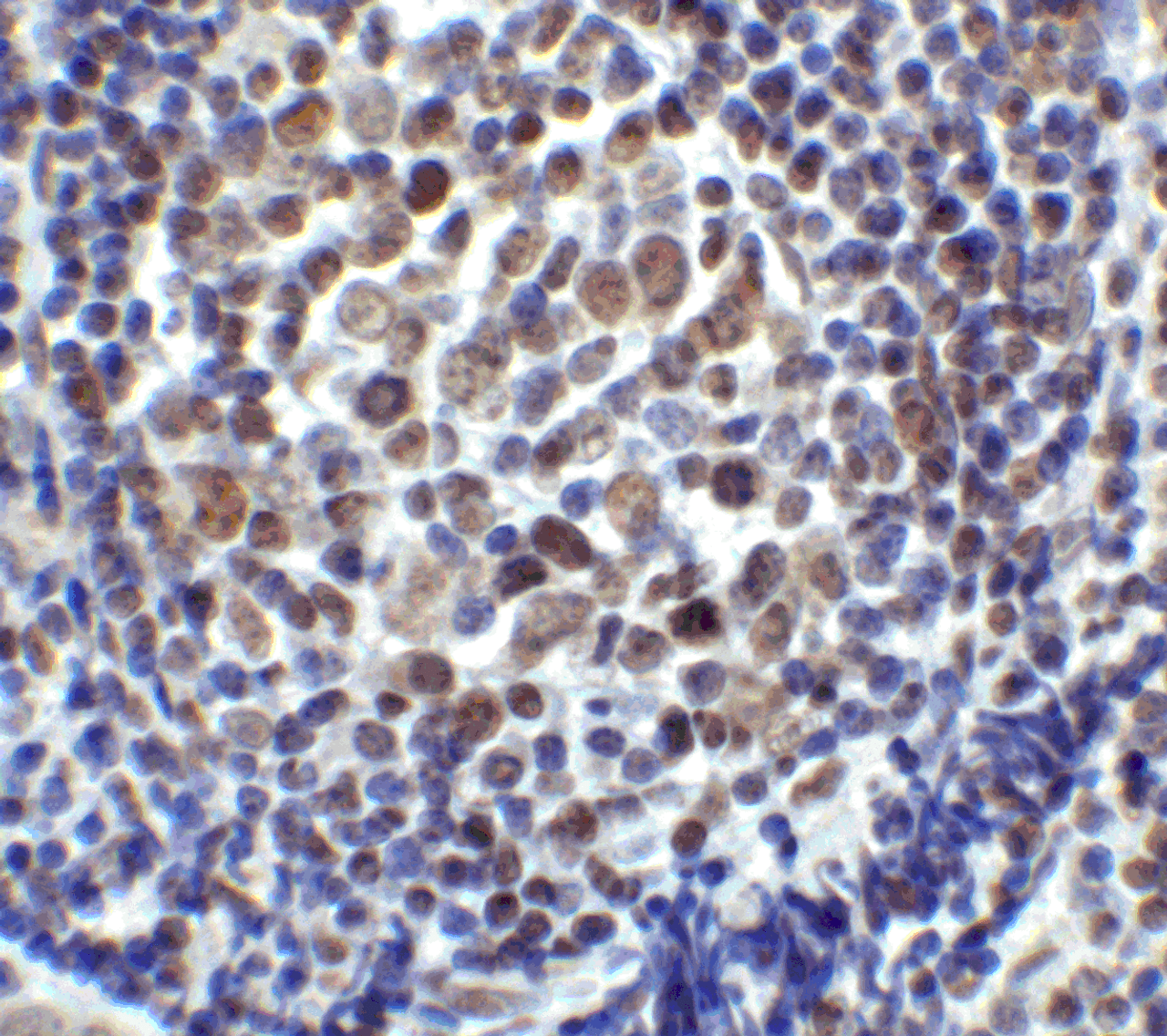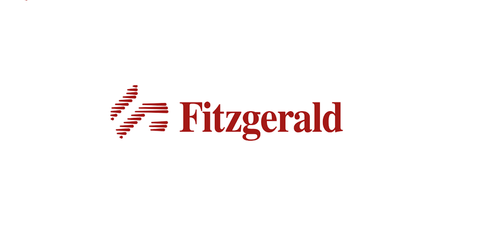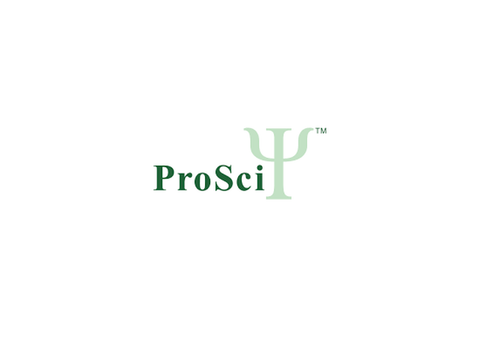Product Description
LAG3 Antibody | 8657 | ProSci
Host: Rabbit
Reactivity: Human
Homology: Predicted species reactivity based on immunogen sequence: Rat: (80%)
Immunogen: LAG3 antibody was raised against a peptide corresponding to 15 amino acids near the carboxy terminus of human LAG3.
The immunogen is located within amino acids 470 - 520 of LAG3.
Research Area: Immunology
Tested Application: E, WB, IHC, IF
Application: LAG3 antibody can be used for Western blot at 1 μg/mL. Antibody can also be used for Immunohistochemistry at 2 μg/mL. For Immunoflorescence start at 20 μg/mL.
Antibody validated: Western Blot in human samples; Immunohistochemistry in human samples and Immunofluorescence in human samples. All other applications and species not yet tested.
Specificiy: N/A
Positive Control 1: Cat. No. 1304 - Human Liver Tissue Lysate
Positive Control 2: Cat. No. 11-533 - Human Tonsil Tissue Slide
Positive Control 3: N/A
Positive Control 4: N/A
Positive Control 5: N/A
Positive Control 6: N/A
Molecular Weight: Predicted: 55 kDa
Observed: 40 kDa
Validation: N/A
Isoform: N/A
Purification: LAG3 Antibody is affinity chromatography purified via peptide column.
Clonality: Polyclonal
Clone: N/A
Isotype: IgG
Conjugate: Unconjugated
Physical State: Liquid
Buffer: LAG3 Antibody is supplied in PBS containing 0.02% sodium azide.
Concentration: 1 mg/mL
Storage Condition: LAG3 antibody can be stored at 4˚C for three months and -20˚C, stable for up to one year. As with all antibodies care should be taken to avoid repeated freeze thaw cycles. Antibodies should not be exposed to prolonged high temperatures.
Alternate Name: LAG3 Antibody: lymphocyte activating 3, LAG-3, CD223
User Note: Optimal dilutions for each application to be determined by the researcher.
BACKGROUND: The lymphocyte activation gene-3 (LAG3) is a member of the immunoglobulin superfamily and binds MHC class II with high affinity (1) , negatively regulating T-cell function and homeostasis (2) . It is expressed in B, T, and NK cells, monocytes, and dendritic cells (3) , and acts to regulate T cell expansion (4) . LAG3 is also an important immune checkpoint protein, with anti-LAG3 antibodies activating T effector cells and affecting regulatory T cell functions. Furthermore LAG3 appears to act in a synergistic fashion with PD-1/PD-L1, suggesting that a dual antibody approach may prove useful in cancer immunotherapy (5) .
 Euro
Euro
 USD
USD
 British Pound
British Pound
 NULL
NULL

